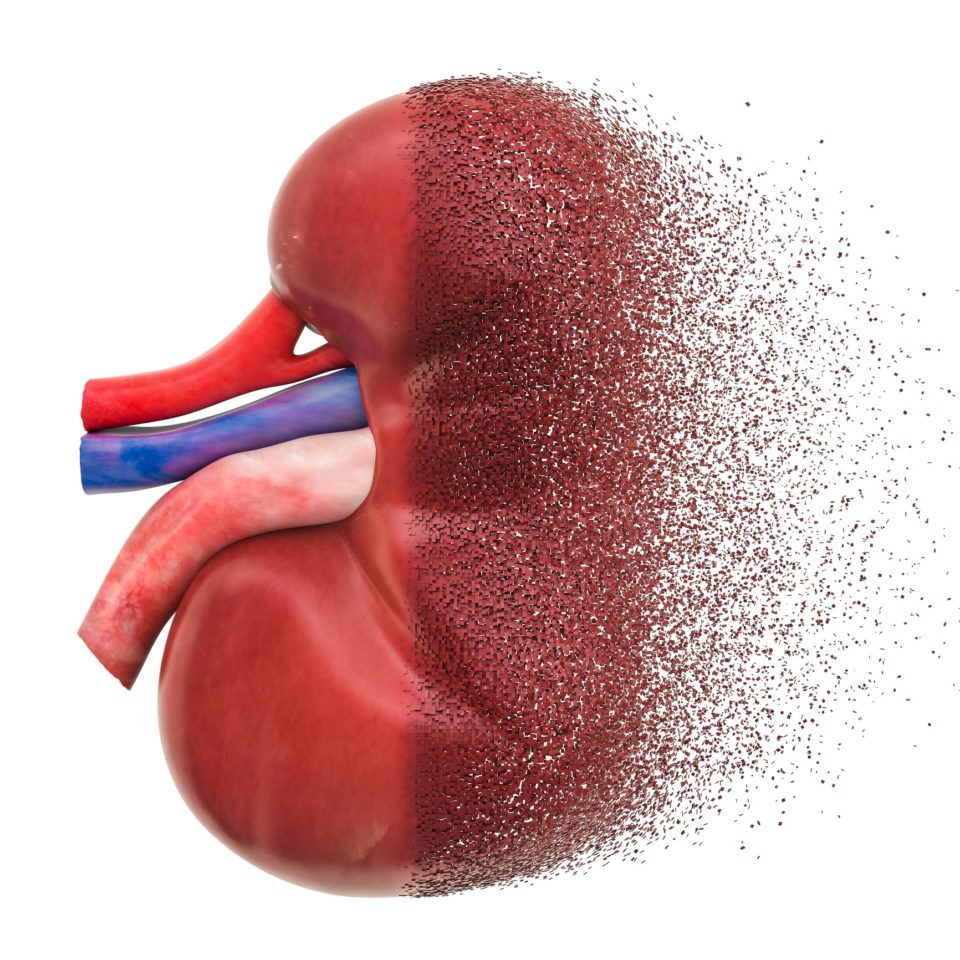Results of previous studies have suggested that older patients adapt to maintenance dialysis better than younger patients. Researchers, led by Judy Lee, investigated the response by age of various stressors encountered by dialysis patients residing in the inner city during the COVID-19 pandemic. Results of the investigation were reported during a poster session at NKF SCM22. The poster was titled Stress and Adherence During the COVID-19 Pandemic in an Inner-City Population of Dialysis Patients: Relationship to Age.
The study utilized a survey conducted in a random sample of 32 dialysis patients. Questions included fluid intake, general attitudes regarding medical recommendations, and changes in well-being due to COVID-19. Measurement instruments also included the Perceived Stress Scale and the Kim Alliance Scale Revised.
Mean age of the respondents was 56.8 years, 46.9% (n=15) were <60 years of age (younger group) and 53.1% (n=17) were ≥60 years of age (older group). Mean dialysis duration was 88.0 months. Of the total sample, 62.5% (n=20) were male, 90.6% (n=29) self-identified as Black, 56% (n=18) had a high school diploma or less, and 44% (n=14) completed some college or more. There were no statistically significant differences between the two groups in sex, race, or education level.
When asked about following the fluid restriction recommendations, 7% (n=1) of the older patients and 46% (n=6) of the younger patients responded “some of the time” of “never” rather than “most of the time” (P=.034). When asked about difficulty following fluid restriction recommendations, 29% (n=4) of younger patients reported having difficulty following the recommendations, compared with none of the older patients. (P=.037).
When asked about their stress level prior to the pandemic, 33% (n=5) of the younger patients responded “poor” or “average” compared with 100% (n=15) of the older patients who reported their stress level pre-pandemic was “good” (P=.05). In rating their stress level during the pandemic, 64% (n=9) of the younger patients reported being somewhat or very stressed, compared with 79% (n=11) of the older patients who reported being not at all or a little stressed (P=.015).
Four of the younger patients (29%) reported they “sometimes” work well with their provided compared with 100% of the older patients who reported they “always” work well with their provider.
In summary, the authors said, “In our population during the pandemic (1) younger patients were less adherent to fluid restriction and found them more difficult to follow; (2) older patients were more likely to report feeling good prior to the pandemic and were less stressed following it; (3) older patients were more likely to report a good relationship with their provider; (4) younger patients may need more support through the pandemic as they appear to be coping less well, feel less connected, and are less able to follow important dietary restrictions.”
Source: Lee J, Wei L, Flynn P, et al. Stress and adherence during the COVID-19 pandemic in an inner-city population of dialysis patients: Relationship to age. Abstract of a poster (Poster #231) presented at the National Kidney Foundation 2022 Spring Clinical Meetings, Boston, Massachusetts, April 6-10, 2022.







 © 2025 Mashup Media, LLC, a Formedics Property. All Rights Reserved.
© 2025 Mashup Media, LLC, a Formedics Property. All Rights Reserved.